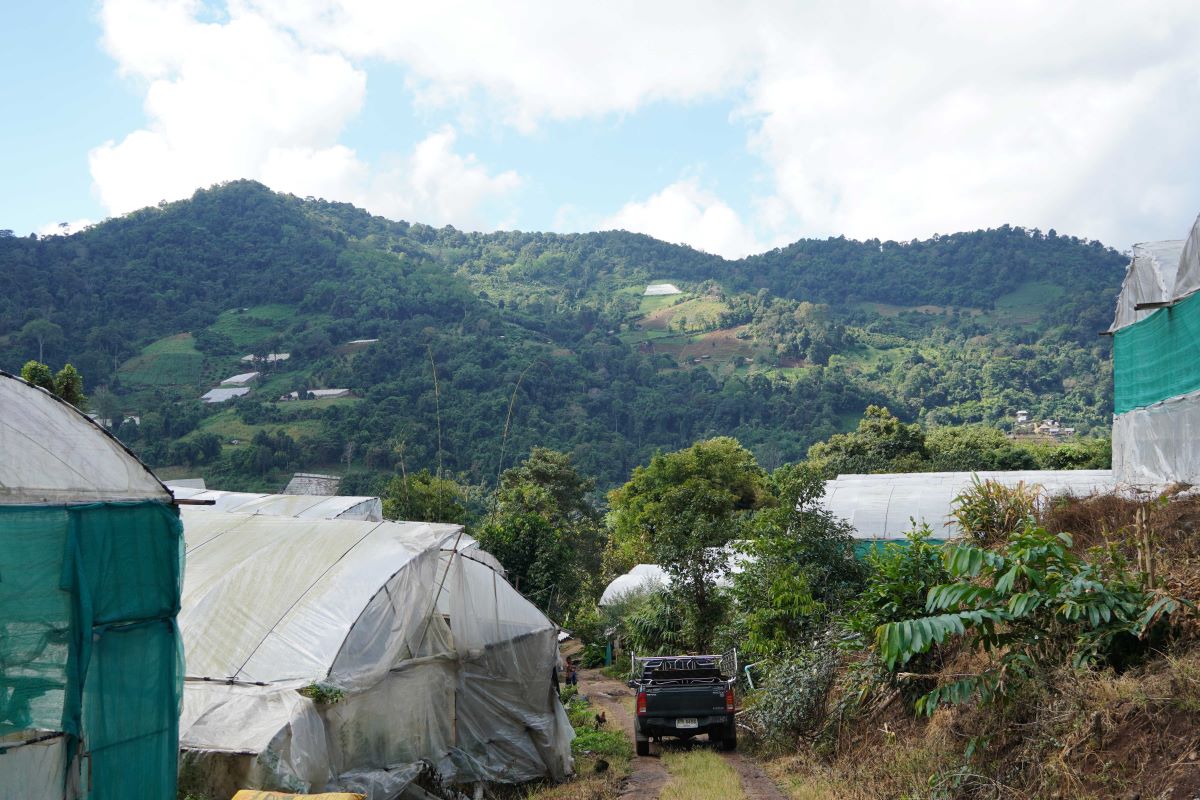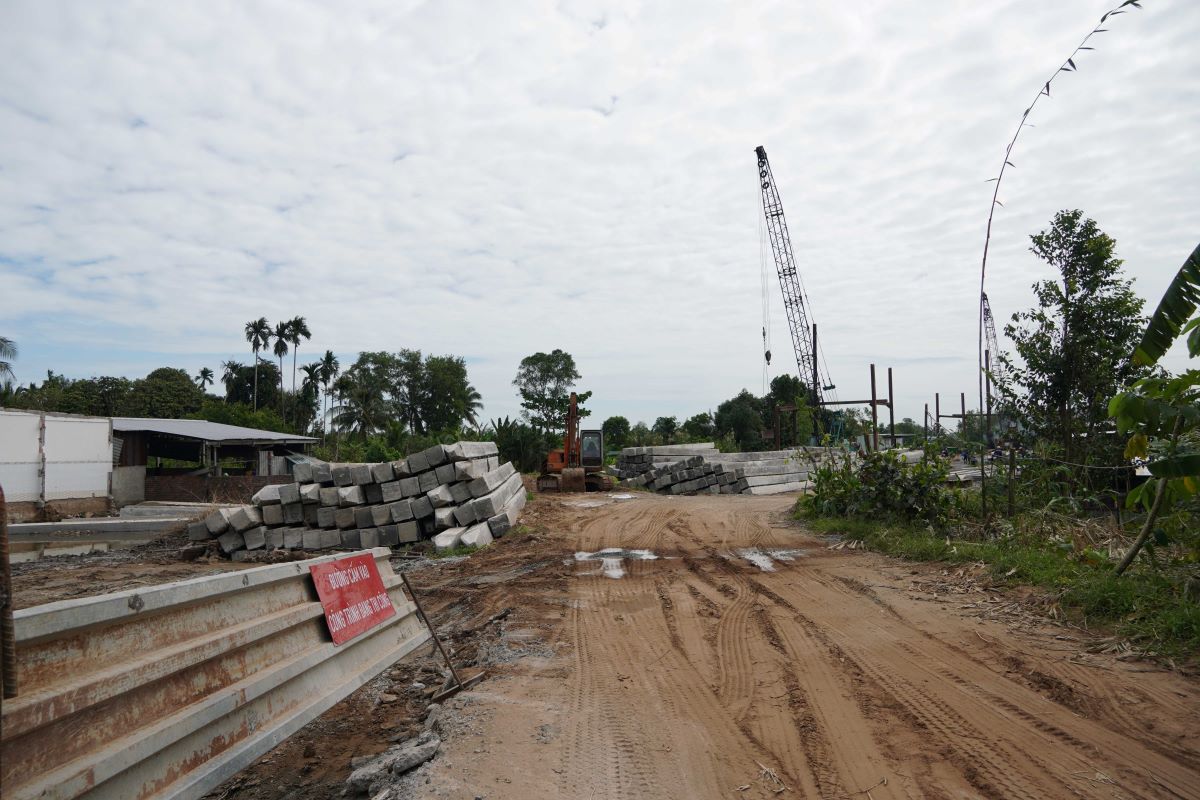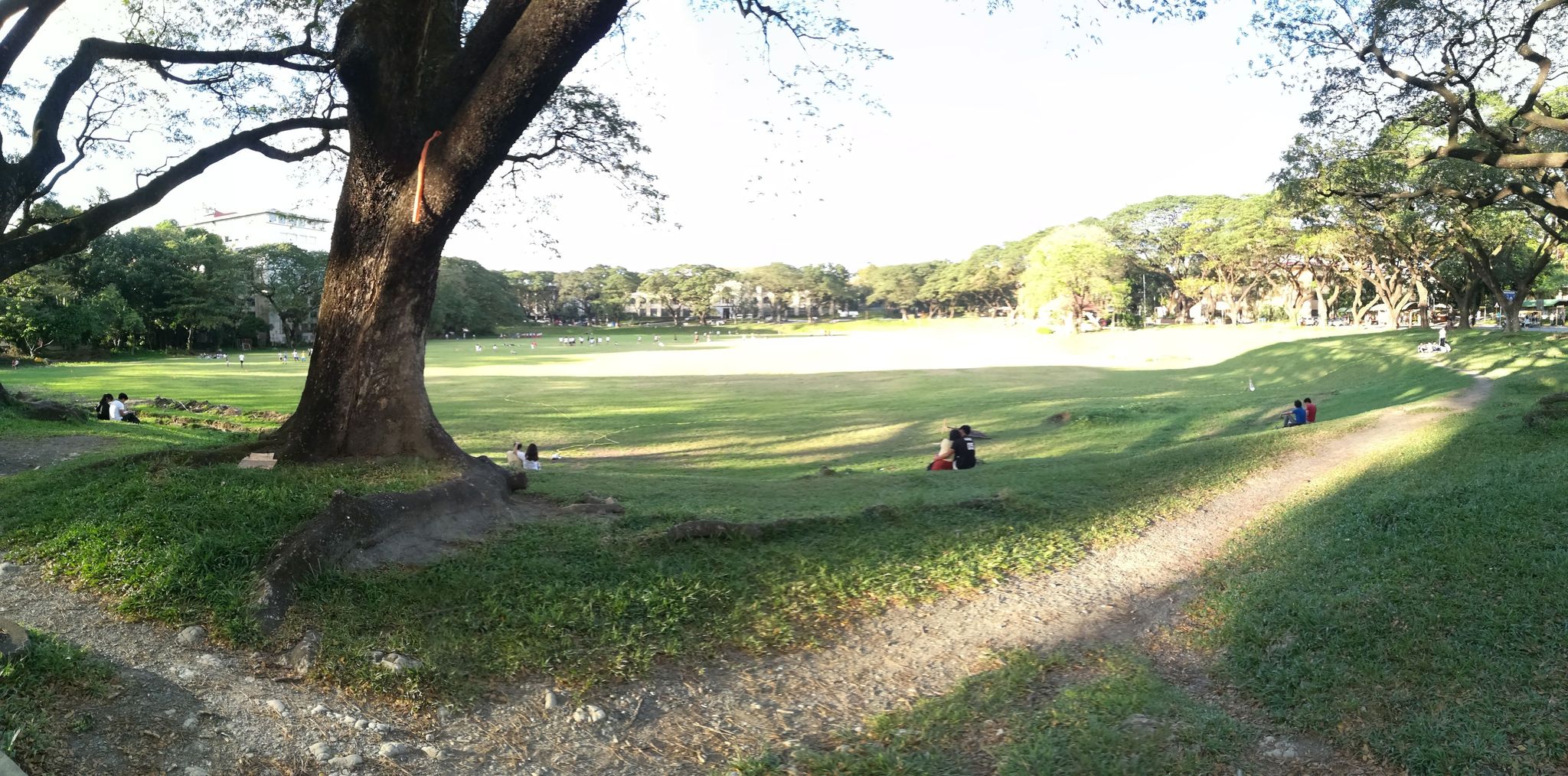Field-based Area Studies by Using Field Stations and Liaison Offices
"Preliminary Approach for Research Framework Building for Studying Opportunities and Risks of Residents in Rural Societies of Southeast Asian Countries"
R5-6 4-1 (R5-6 AY2024)
| Project Leader | Fujikura Tetsuro (Aichi Prefectural University, Department of International and Cultural Studies, School of Foreign Studies) |
| Collaborators | Yanagisawa Masayuki (Kyoto University, Center for Southeast Asian Studies) Nimi Tatsuya (Nagoya Gakuin University, Faculty of Economics) Takahashi Katsuyuki (Naresuan University, Center of ASEAN Community Studies, Faculty of Social Sciences) |
| Research Project | Preliminary Approach for Research Framework Building for Studying Opportunities and Risks of Residents in Rural Societies of Southeast Asian Countries |
| Countries of Study | Vietnam, Thailand |
Outline of Research
Changes in recent years in Southeast Asia, such as rearrangement associated with globalisation in industrial and employment structures, development of transportation, and improvement in the quality of human resources, are also impacting rural societies. This joint research will examine how opportunities and risks in the economic and social lives of people living in rural areas are categorised in today's rapid socio-economic changes, considering demographic changes such as rapid ageing. We will explore it with a comparative perspective between regions.
Purpose of Research, Its Significance and Expected Results, etc
In this study, we examine the impact of local economic development on the lives and prospects of people in surrounding rural areas from both the opportunities and risks that people face, and develop a method to understand the diversification of rural societies in Southeast Asia typologically. In particular, we will focus on how the expansion and diversification of non-agricultural employment opportunities affect people's lives. While the resources and opportunities that can be utilized are diversifying, we strive to understand the various ways people can improve their livelihoods as widely as possible. At the same time, we will collect various materials related to the types of risks to people's lives, the mechanisms for risk hedging and damage relief, and the like. Through these commitments, we will try to reconstruct the methodology. While grasping the basic conditions at the social level, such as the ecological environment, population, land ownership, livelihood, industrial development, and employment opportunities in which the research target villages are located, we also focus on the more fluid and contemporary constraints at the household and individual level, such as educational and occupational experience, family formation and life stages.
This research does not aim to construct a general theory that covers the current situation of rural Southeast Asia. It does not limit itself to depicting the complexity of modern society in Southeast Asia, the ambiguity of boundaries, and the elusiveness of Southeast Asian rural villages. The aim is to provide a certain perspective from which to understand the reality of the existing diversity.



